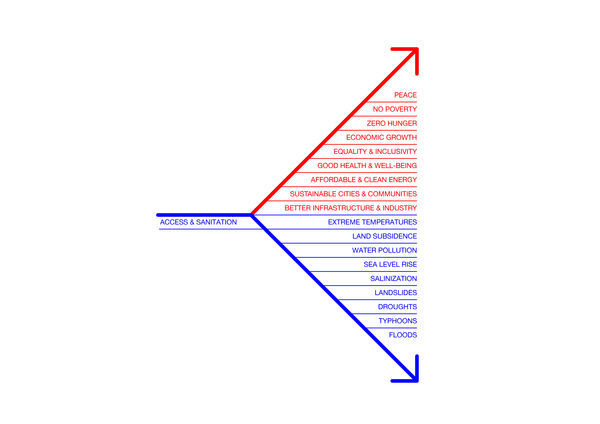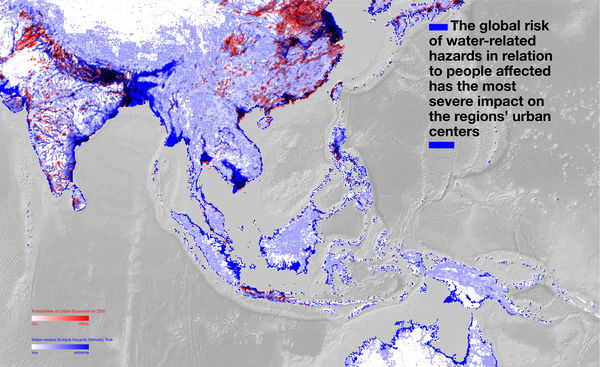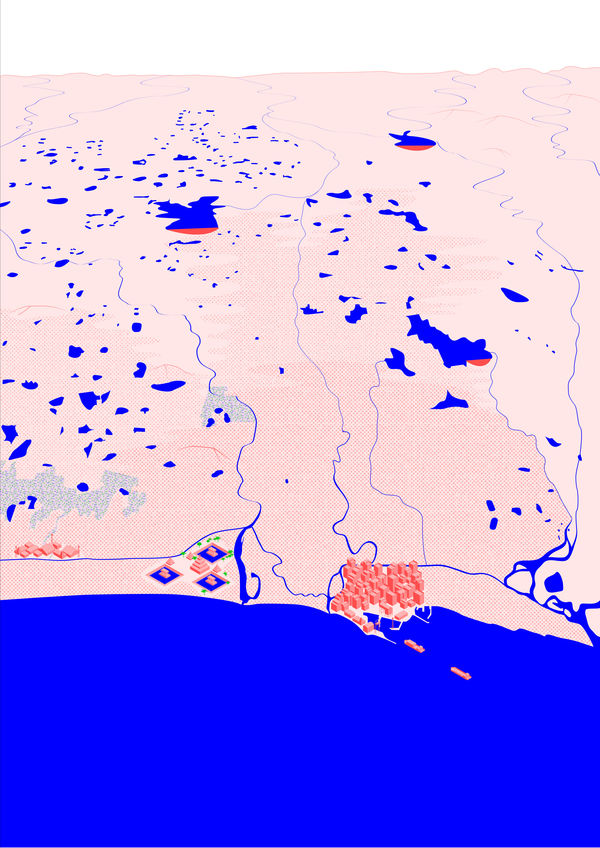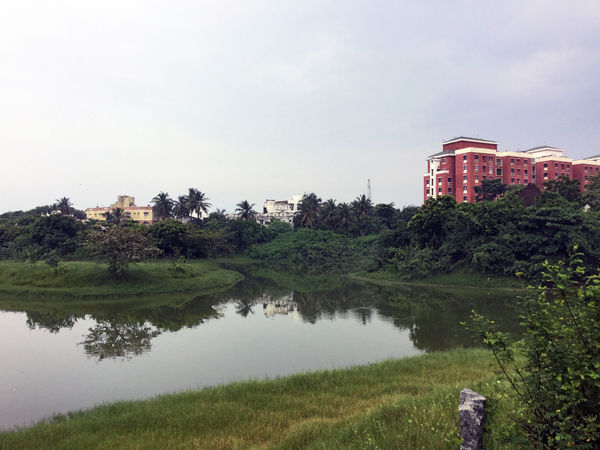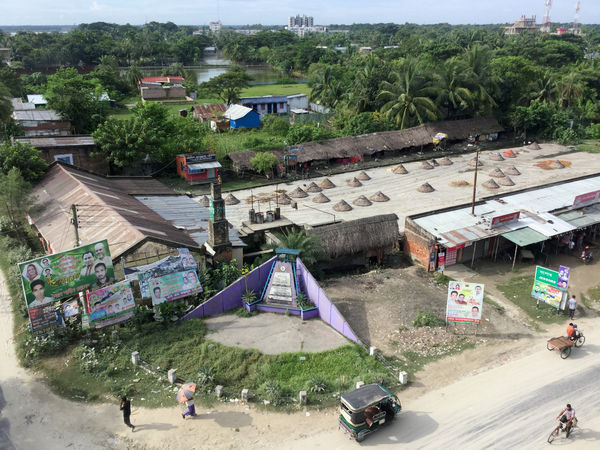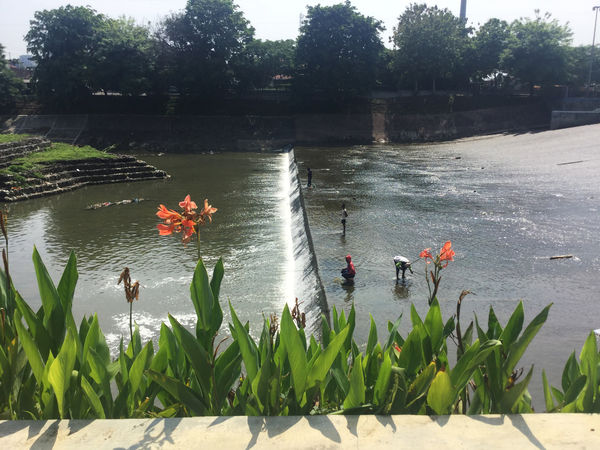Floods, drought, pollution…
Water represents the greatest and most complex challenge in the world, especially combined with all the other global crises: climate change, migration waves, the sustained pressure of urbanisation, and growing demand for food and energy. It is precisely through this central position that water can be used to steer all radical upheavals.This is why the Dutch Special Envoy International Water Affairs, the International Architecture Biennale Rotterdam (IABR) and Architecture Workroom Brussels initiated Water as Leverage for Resilient Cities: Asia, in association with the Asian Infrastructure Investment Bank (AIIB) and 100 Resilient Cities, and supported by the High Level Panel for Water of the UN / World Bank and the Global Center of Excellence on Climate Adaptation (GCECA).
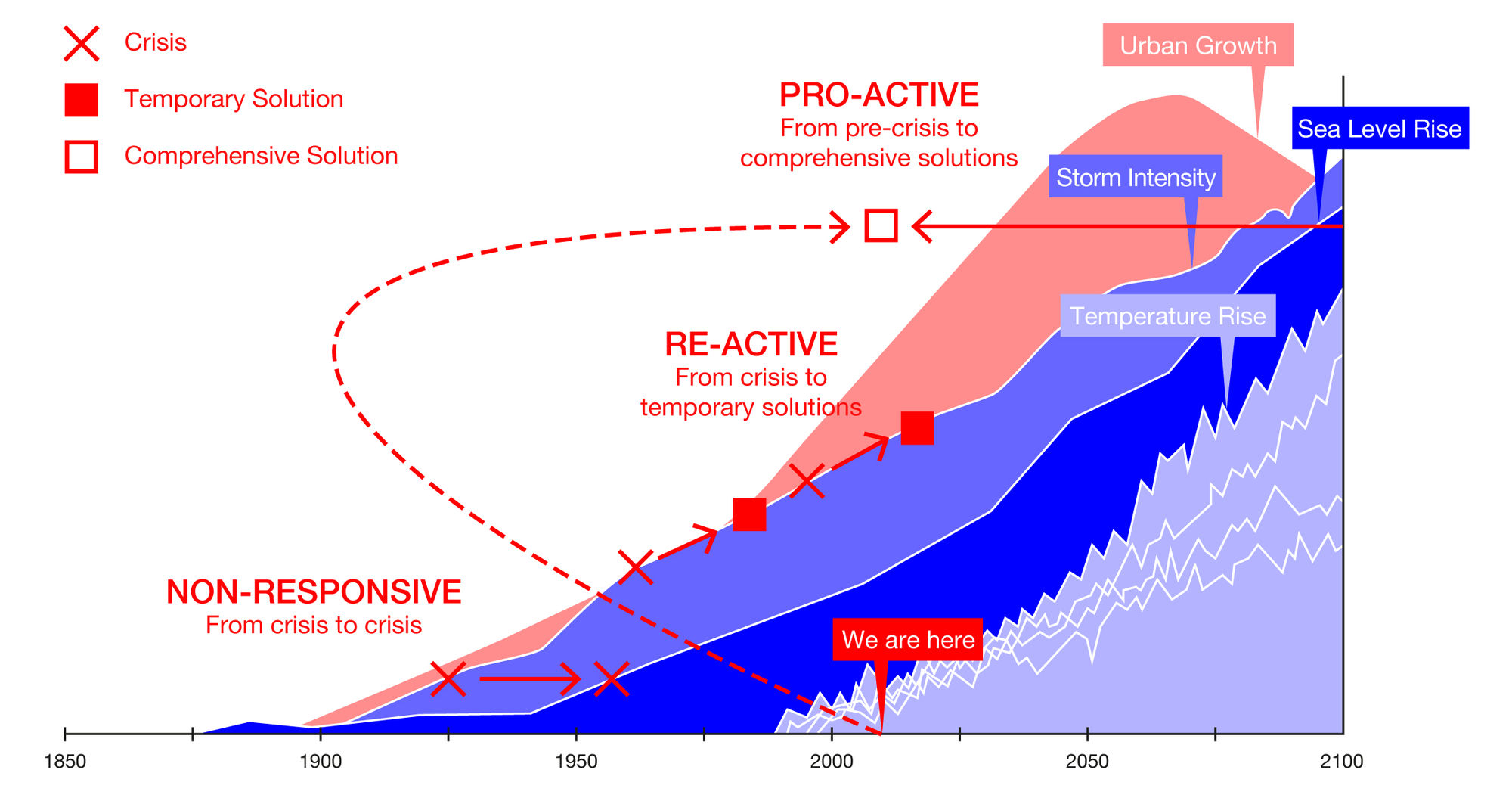
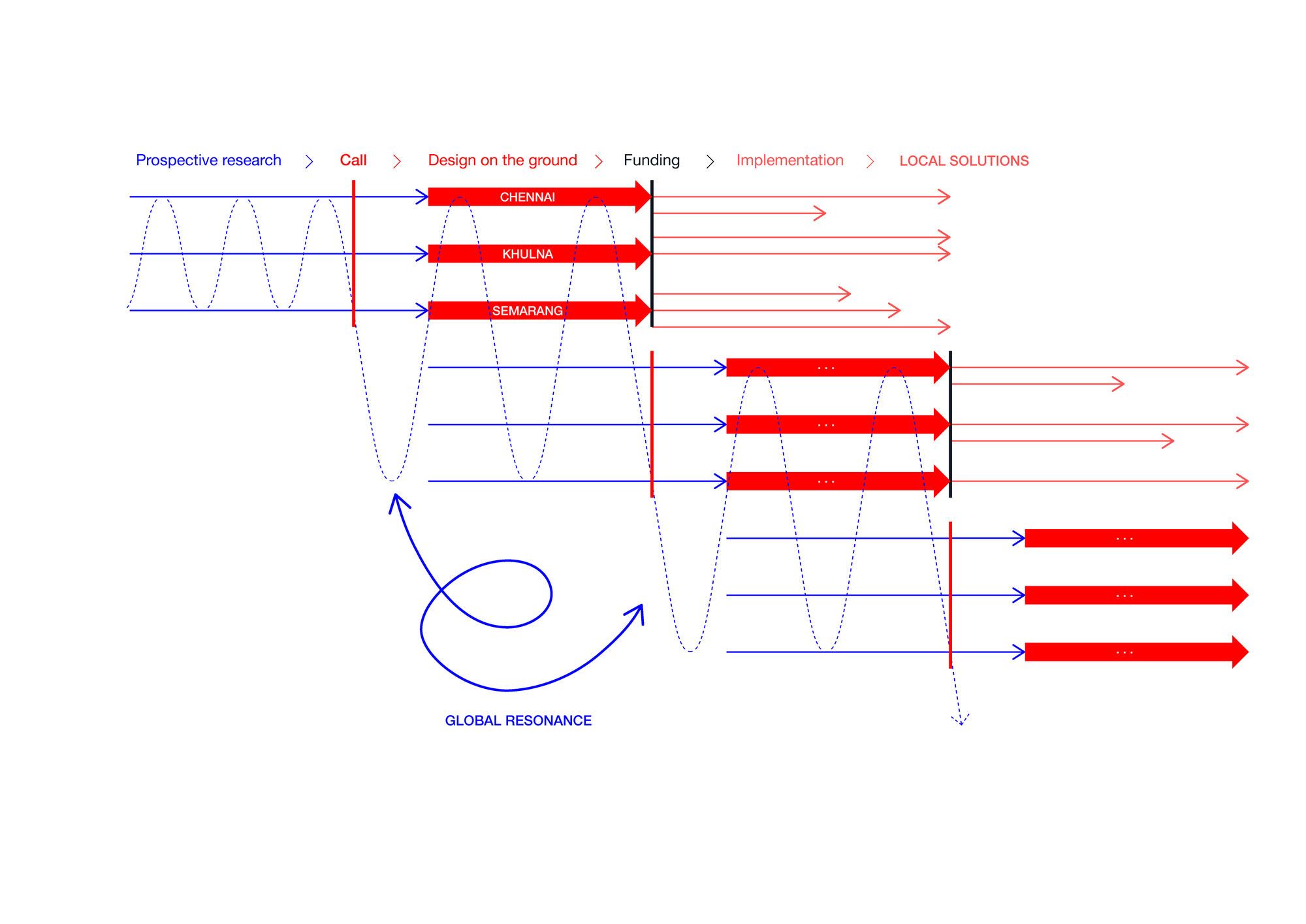
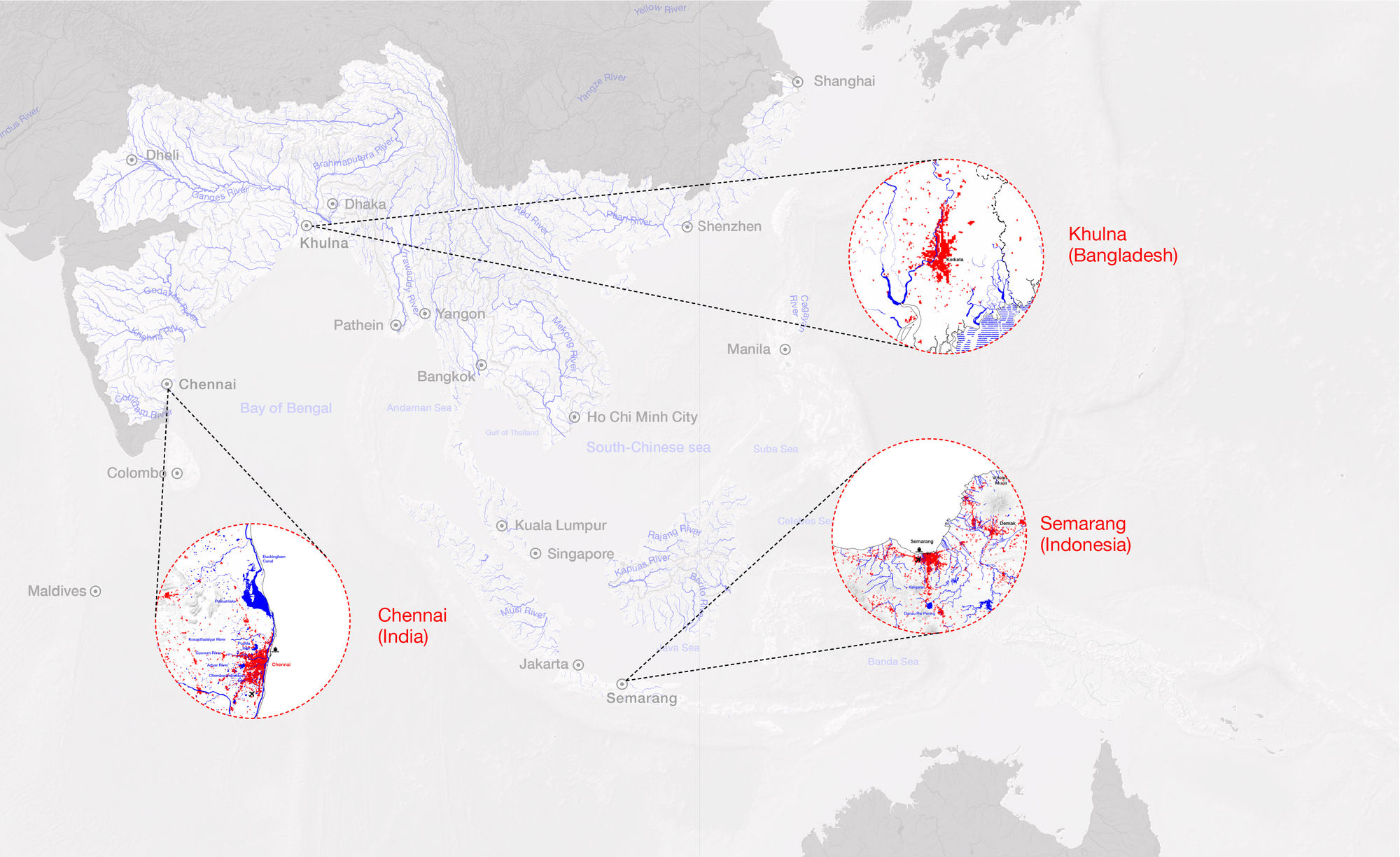
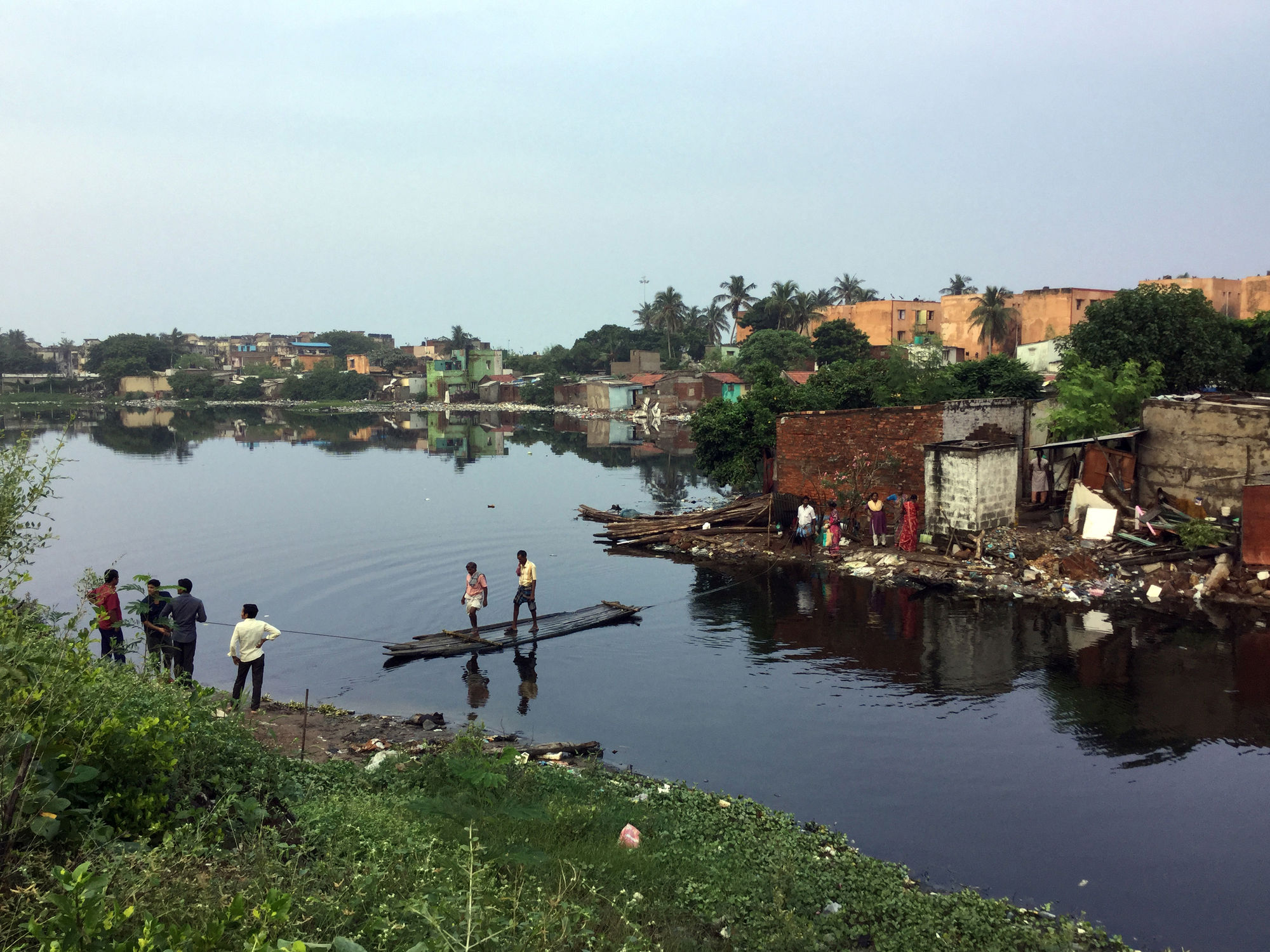
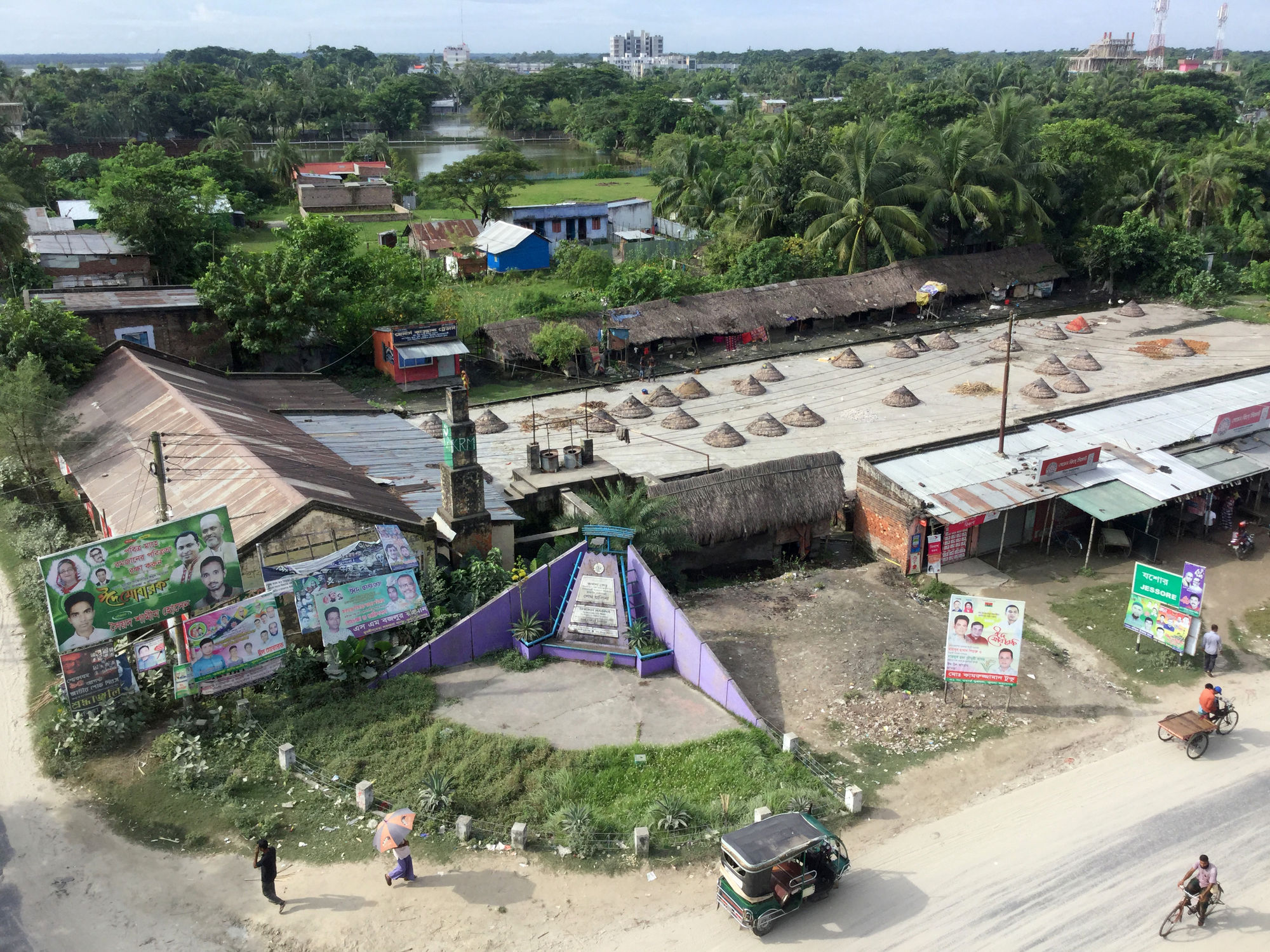
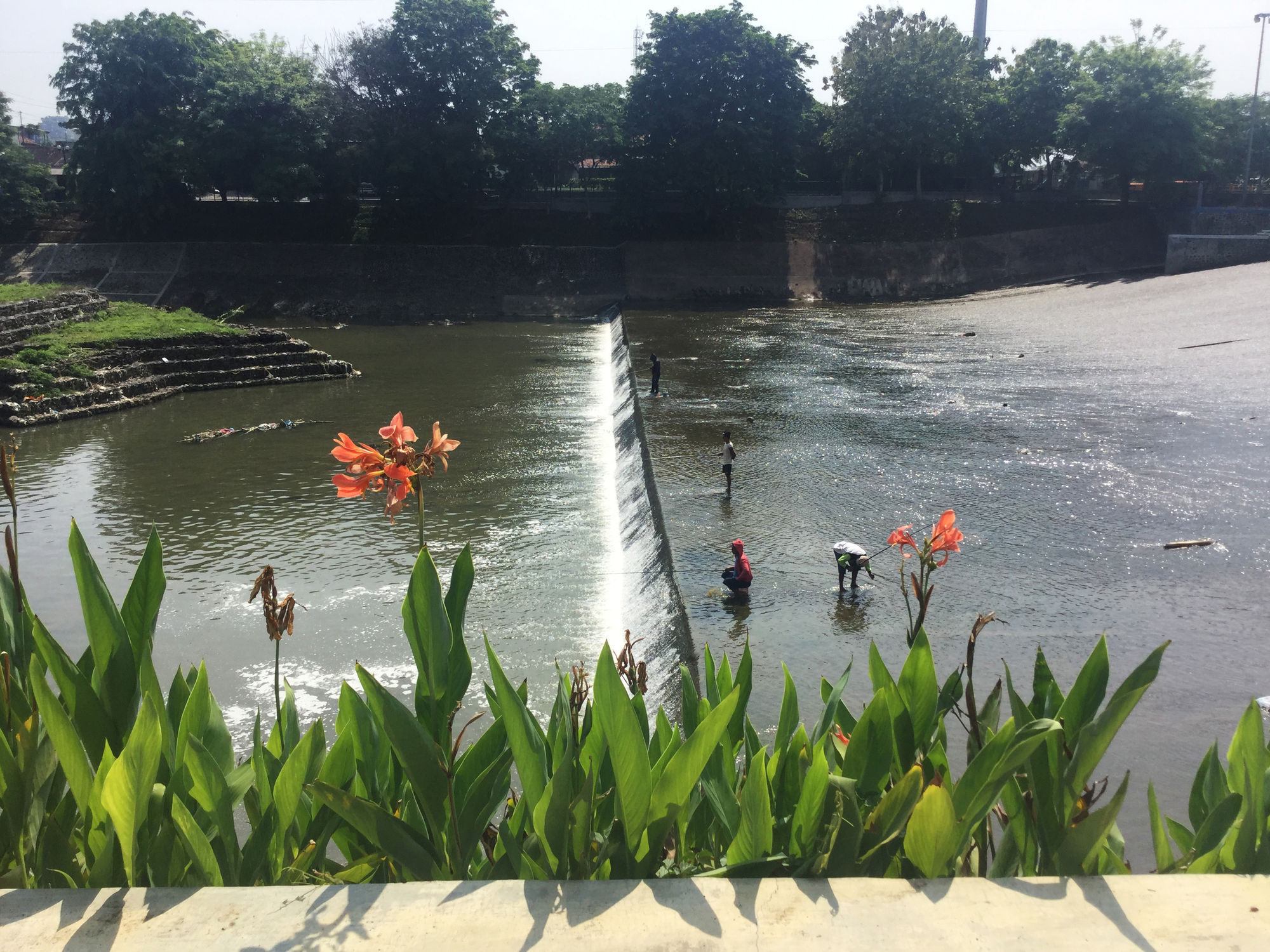
Current solutions for the various water-related issues only emerge once a disaster has already occurred. They are rarely devised from a long-term perspective and in some cases even contribute to tomorrow's problems. The world needs proactive strategies that bridge the gap between actual practices on-site and global targets. The most challenging task consists of developing an approach in which all stakeholders are involved in the process from the outset. This means: from governments to activists, from entrepreneurs to residential communities, from institutions responsible for funding to those responsible for the entire implementation. This is the only way to build an inclusive learning environment. Water experts are not the only party responsible for devising solutions: designers, urban planners and policymakers must continue to examine how demographic growth, climate, water supplies and water management can be integrated in cities. In this way water could shape the sustainable cities of the future and vice versa.
Nowhere in the world are water-related disasters so widespread and costly as in Asia. 83% of the population that could be affected by the rise in sea levels live in Asian cities. However, melting snow in the Himalayas and many river basins drying up in the region are having a major impact, at the human, economic as well as ecological level. Over the past twenty years 200 million people have migrated to Asian cities. Given that more than half of the total population still live in the countryside, it is expected that the pressure of urbanisation – and additional challenges such as the demand for food, water scarcity, slums, and heat islands etc. – will only increase in the future. For centuries the fertile land with sediment deposits in Asian coastal areas has provided the ideal conditions for food production and urbanisation. At the same time they have also become the most vulnerable geographic regions in the world: recent research shows that the urbanised deltas and coastal plains of Asia have the highest risk of fatalities caused by water-related disasters.
Therefore, via the Call for Action ‘Water as Leverage for Resilient Cities: Asia' we want to test how water could be used as a lever for sustainable and integrated transformation in Asian coastal and delta cities. Based on thorough on-site research and cooperation the following locations were selected: Chennai in India, Khulna in Bangladesh and Semarang in Indonesia. Each of these cities has to cope with specific water-related problems and has its own methods and resources for tackling them. The often complex planning context and acute lack of local policy vision mean that to date integrated and inclusive water projects have been neglected. Water as Leverage wants to change this for good.
To make this change possible Water as Leverage invites experienced water experts, climate experts and spatial designers worldwide. Using thorough preliminary research a number of design questions have already been formulated for each city. On this basis different multidisciplinary teams will have the chance to develop strategies and projects that transform the water system as well as improve the urban environment.
There will not only be cooperation with the respective governments, diverse financial institutions will also be closely involved. This approach guarantees that the projects will gradually prove promising enough to be implemented. With the ultimate objective of establishing continuously expanding interaction between specific projects on-site and thematic replicable knowledge in regions that have to cope with similar challenges.
